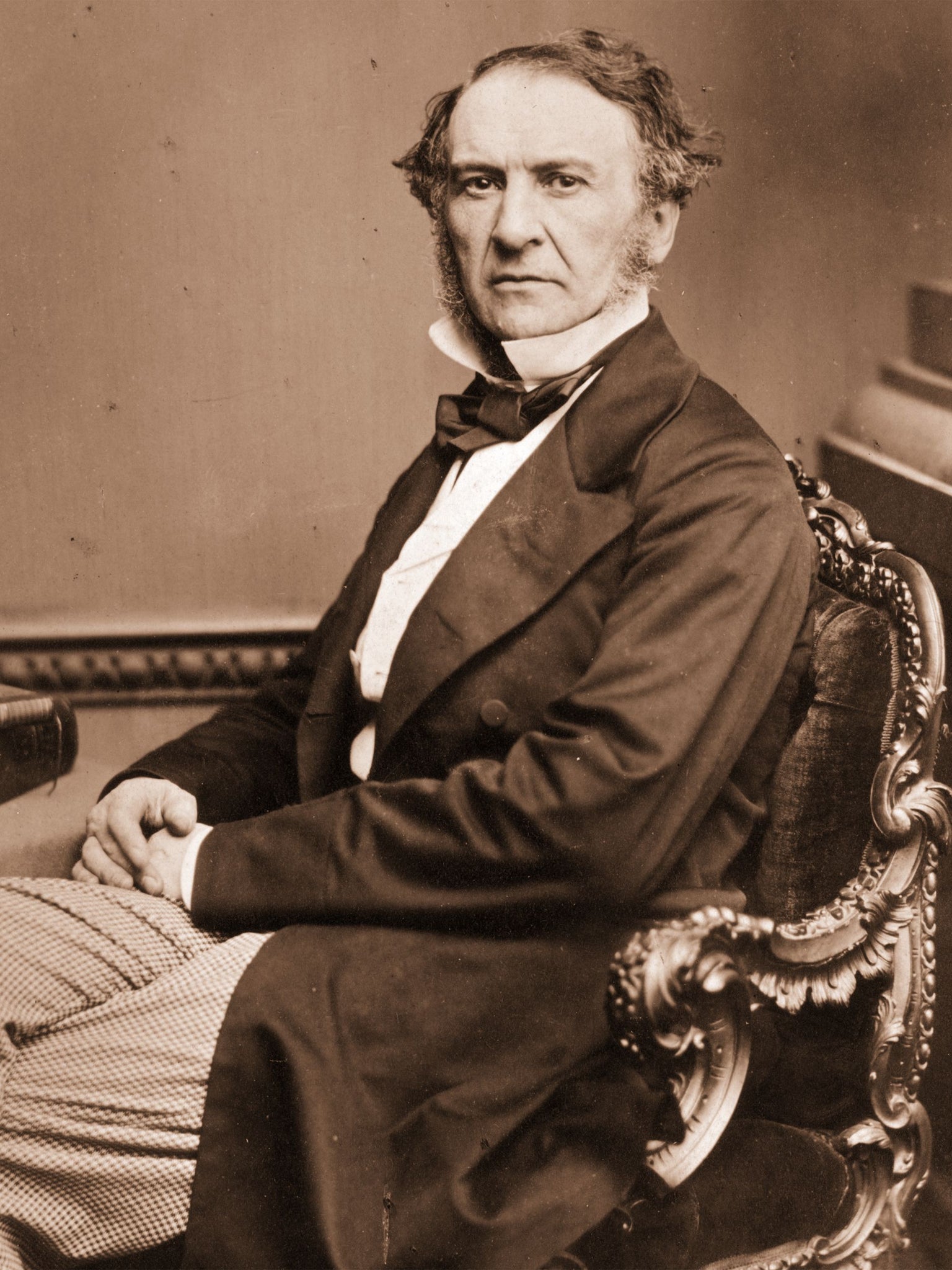The 120-year-old dilemma that continues to haunt Westminster

It is a question that is over 120 years old but has yet to be solved. William Gladstone was the first to raise the conundrum of whether elected representatives should be able to vote on issues which would have no effect on the lives of their constituents. In 1886, the four-times Prime Minister, talking about issues raised by Irish home rule, said: “If Ireland is to have domestic legislation for Irish affairs they cannot come here for English or Scottish affairs”.
The term the “West Lothian question” was coined in 1977 when the prospect of Scottish devolution was raised. Tam Dalyell brought attention to the fact that he was able to vote on issues that affect the English town of Blackburn, Lancashire, but not Blackburn, West Lothian, in his own constituency.
Since then the question has become even more relevant, with the creation of the Scottish Parliament and Welsh and Northern Ireland Assemblies which control large areas of policy. In May 2010 the Coalition decided to create a commission to resolve the problem. The Mackay Commission published its report in March this year, recommending that forthcoming legislation which would have an effect on England only, ought to have the backing of a majority of MPs that represent English constituencies. But it did not back the idea of giving an effective veto to English MPs.
Join our commenting forum
Join thought-provoking conversations, follow other Independent readers and see their replies
Comments
Bookmark popover
Removed from bookmarks